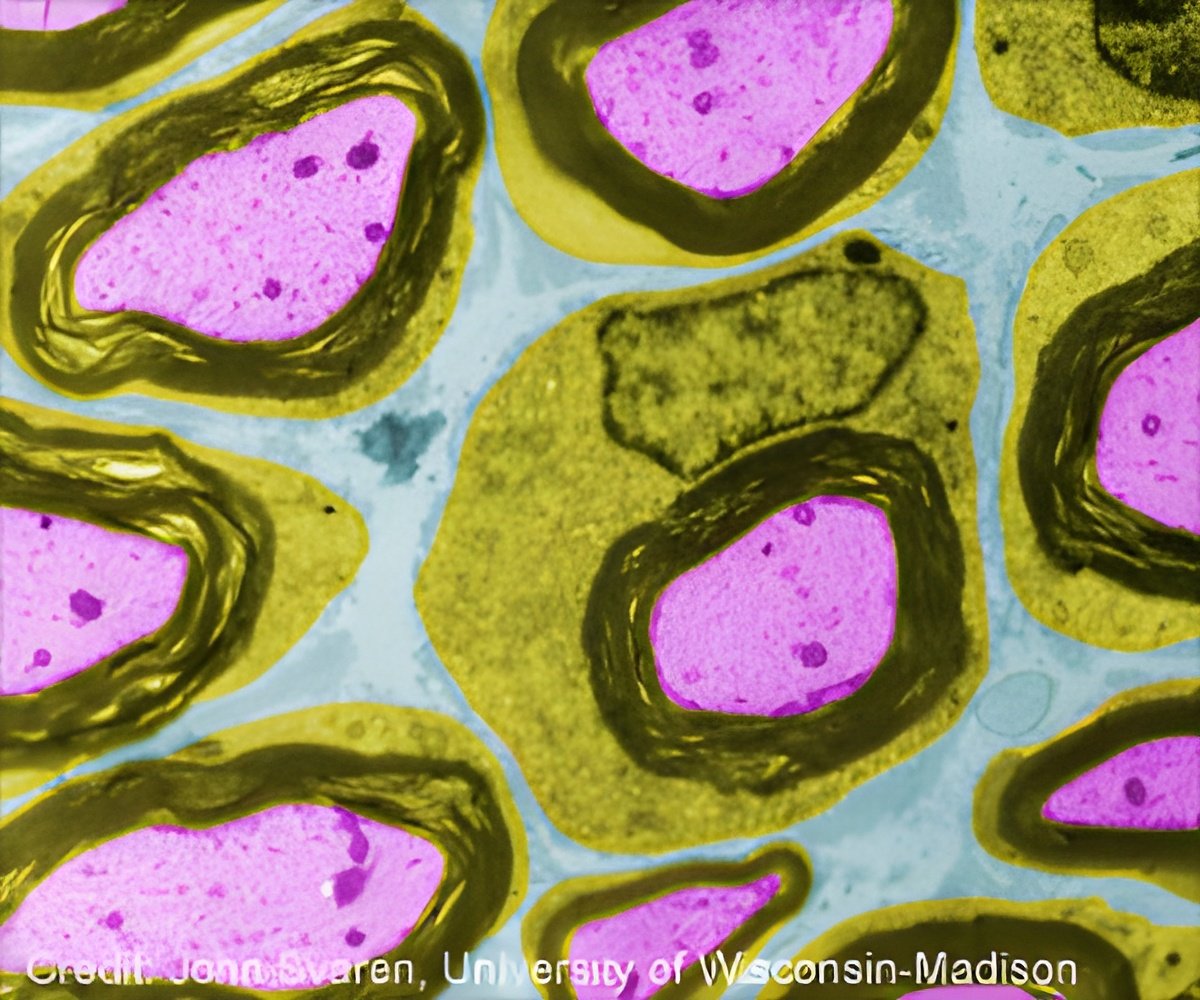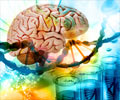
‘Vital genes and molecular markers that transform Schwann cells to act as specialist repairers of neurons identified.’
Tweet it Now
Researchers focused on injury to cells in the peripheral nervous system (PNS) - the crucial network of nerves outside the brain and spinal cord. The study could inform new treatments for a set of conditions known as peripheral neuropathies, which are caused by damage to the cells in the PNS and can lead to extreme sensitivity to touch as well as numbness and muscle weakness.
Scientists identified molecules that potentially allow nerve-supporting cells - known as Schwann cells - to transform into a specialised version that enable them to help nerves regenerate.
As well as identifying vital genes that orchestrate this transformation, the scientists discovered molecular markers that flag these Schwann cells as specialist repairers.
Genes identified by the research team - led by the Universities of Edinburgh, Cambridge and University College London - were also found to be similar to those seen in tumour formation, which could shed light on cell growth in cancers.
Advertisement
Prof Timothy Aitman, Director of the University of Edinburgh's Centre for Genomic and Experimental Medicine, who co-led the study, said: "Our findings give us insight into how cells in the body adapts to injury. This knowledge will help identify drug targets for much-needed therapies to help patients with peripheral neuropathy and traumatic nerve injuries."
Advertisement
Source-Eurekalert











